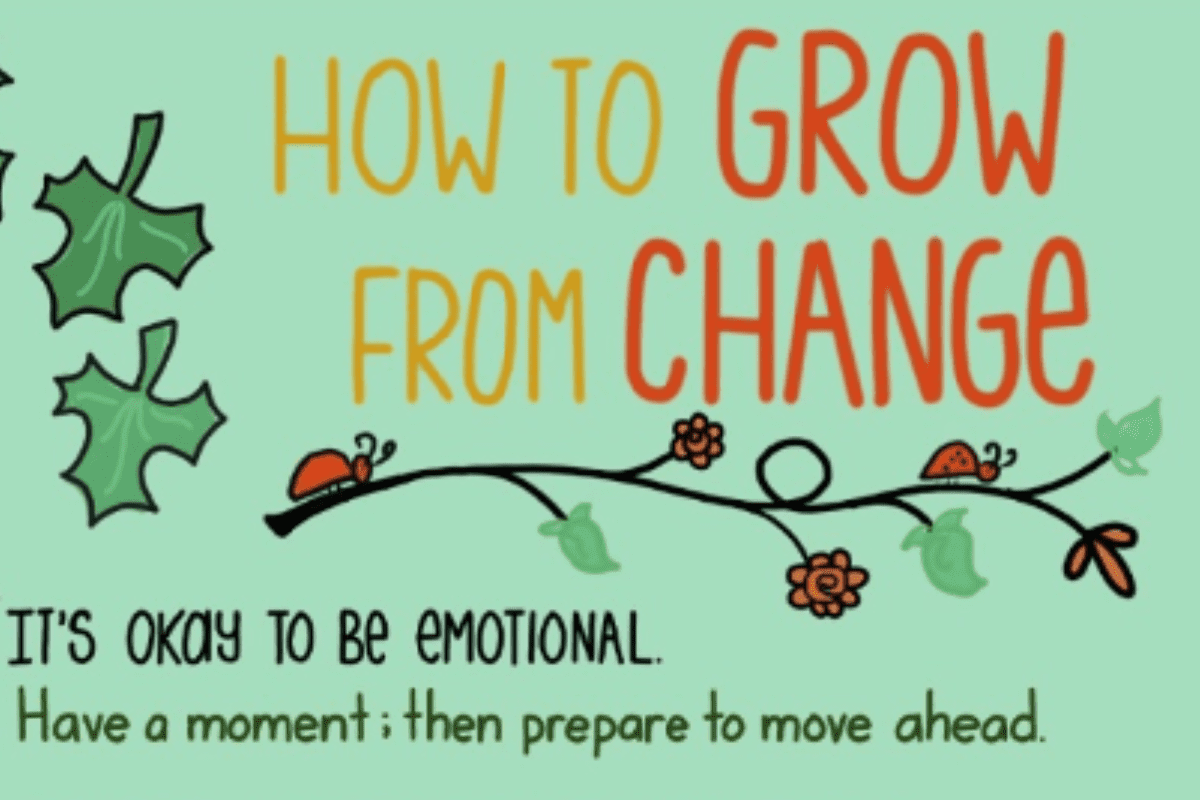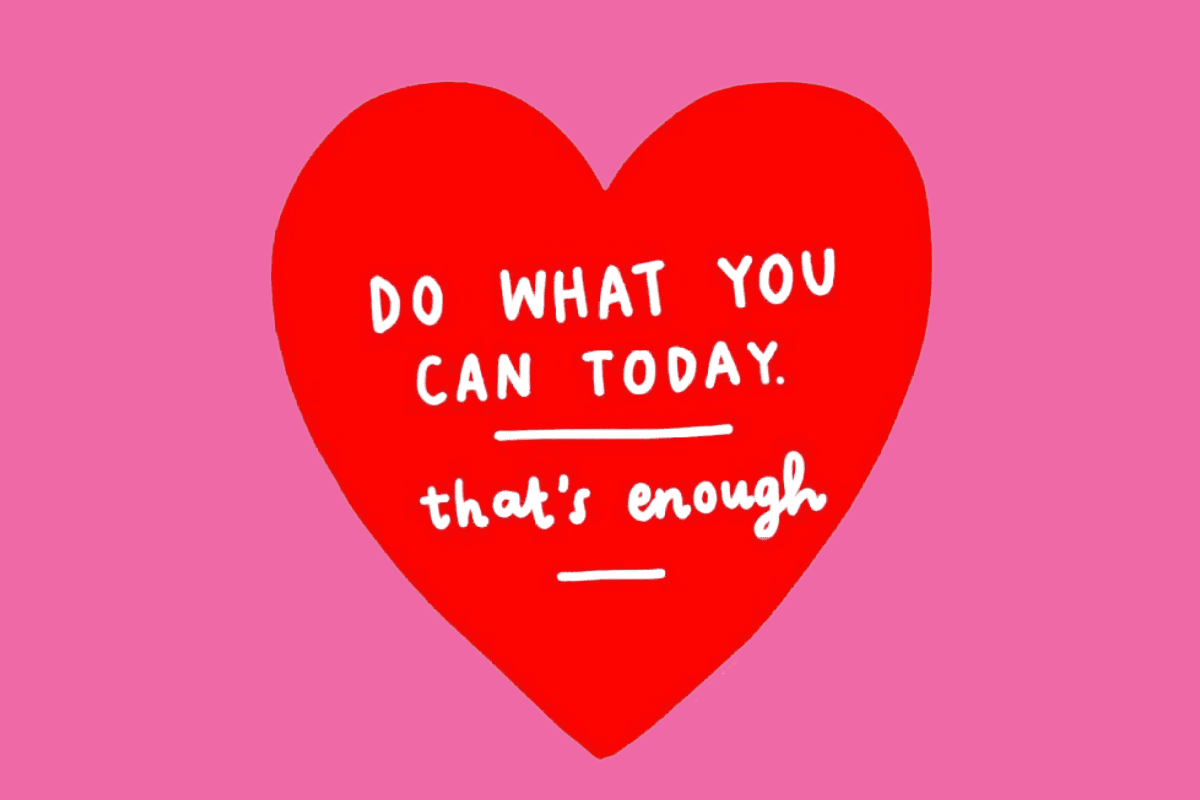“At times of crisis, it’s more important than ever to check in on your own well-being and that of those around you.” Prof. Brett McDermott
How are you doing? Hanging in there? I hope so. It’s tough out there right now, isn’t it?
It’s pretty confronting seeing the queues of people at Centrelink. Our hearts go out to all those who are struggling. The feedback I’m hearing from clients and those in my networks is that many of us are switching between four mindsets at the moment:
-
Panic
-
Paralysis
-
Patient
-
Pivot/Productive
In Panic mode you are rushing around, not thinking clearly, being very reactive, acting out of fear, stockpiling medication and groceries, lining up in the Centrelink queues, not making great decisions. You also might find your temper is on a short leash and you are lashing out. Often when we’re scared this can manifest in displays of anger. You may even turn to alcohol, drugs or food to numb your intense feelings. In Paralysis mode, you can’t actually think at all. You are stuck, frozen, overwhelmed, not sure how to act, it’s all too much. You might find yourself wanting to shut out the world, withdrawing from people. You can’t stop endlessly scrolling through social media, which ends up just heightening your feelings of overwhelm. In Patience mode, you have taken a step back before reacting; you are playing a bit of a waiting game to see how things pan out over the next few weeks. It’s almost like you are operating in helicopter mode and are taking a bird’s eye view of the situation. You don’t want to make any hasty decisions as you realise that things like government stimulus initiatives and isolation policies are changing on a daily, if not hourly, basis. You don’t want to make hasty decisions that may prove to be unwise. In Pivot/Productive mode you are at action stations – setting up your business to work from home, changing your product offerings from in-person workshops to online sessions (that’s me folks!), helping your children settle into their new at-home classrooms and routine. This is a positive space you are coming from (unlike panic mode which can also be action stations but it’s fear-based and often unproductive activity). You are being creative, you are problem-solving, you are innovating, responding proactively to changes in your operating environment. You could be in danger of over-doing this mode though, and not paying attention to exercise or burning yourself out.
Which mode are you in right now? Just have a think about these four modes of operation. Where are you right now? Are you mainly in paralysis mode? What could you do to shift yourself into pivot mode? What is one positive action you could take? If you’re in pivot mode are you taking care of yourself? If you’re in panic mode, how is this impacting those around you (emotions are infectious)? What could you do to shift into patience or pivot mode? If you’re operating in patience mode, just make sure this doesn’t go on for too long, as eventually, you will need to take action. All of us are going to need to be leaders in our lives more than ever over the next few months – we are going to need to lead ourselves, lead our families, lead our roles, lead our colleagues, lead our workplaces, lead our neighbours, lead our communities. We all have a role to play. Getting more self-aware about the state of mind we are in at different points of our day helps us to get out of auto-pilot or reactive mode, and choose our behaviour so that we can make more productive decisions. If we’re not self-aware then we just revert to our default behaviours, which often don’t suit the situation we are in, they don’t serve us and they don’t serve the people who are around us – which at the moment is going to be the people physically closest to you – your family.
What is your role as leader? If you think about your role(s) as leader in your life over the duration of this crisis, I find it helpful to ask the question, what does the ROLE of leader require of me right now? When I ask myself this question I find it can help me rise to the occasion, help me become stronger, help me to go from looking inward where I’m thinking only about myself to looking outward, where I’m able to think about others, what they need and how my behaviour and energy might be impacting positively or negatively on them. A fabulous fellow I met through Leadership Victoria, James Garriock, wisely says, “Be the leader others need you to be”. I don’t think there is a more appropriate time to ask yourself the question – am I being the leader others need me to be right now? Imagine if all our community were asking themselves this question right now? What would change? What would people be doing differently? Not going to Bondi Beach for starters!
How to be the leader for others So for you over the next week:
-
Who are the key people in your life that you are interacting with?
-
What do they need from you?
-
Are you being the leader they need you to be? What would change if you were?
-
Are you being the leader you need yourself to be (e.g. are you taking care of yourself, having compassion for yourself etc.)?
I also want to encourage you to seek support for yourself too. We are all only human, many of us are under a great deal of stress and there is much change and uncertainty. It’s really hard to think clearly when you are under serious financial stress. If that is you, please go easy on yourself and recognise that it’s bloody tough and it’s OK to be scared. Please ask for help – keep talking and connecting – now is not the time for shame – there is so much happening beyond our control. Talk to your families, your friends, your colleagues, your doctor, your psychologist, your mentor, whoever you need – we all need to have each other’s backs right now.
You are not the only one to experience this I know there have been times in my life when I didn’t have the capacity to respond to a stressful situation well. I wasn’t coping and was beating myself up as I thought,…”you’re a leadership facilitator, you should be able to manage yourself and step up, you’re a fraud, you’re failing, you help others do this for a living and yet you can’t do it for yourself!!” Luckily my psychologist gave me a good talking to, with compassion, and said, “Cynthia, that is fine when everything is normal, but things aren’t normal right now”. I ended up going on anti-depressants which helped me get through a tough time as the normal strategies weren’t working for me. This is not a recommendation for you to do the same, just a reminder that if you are struggling, please talk to a professional about strategies and resources you can use for support. I’m here if you need me – send me an email or give me a call and let me know how you’re travelling. You don’t have to do all this on your own. Take care of yourself and each other. Xx Cynthia






